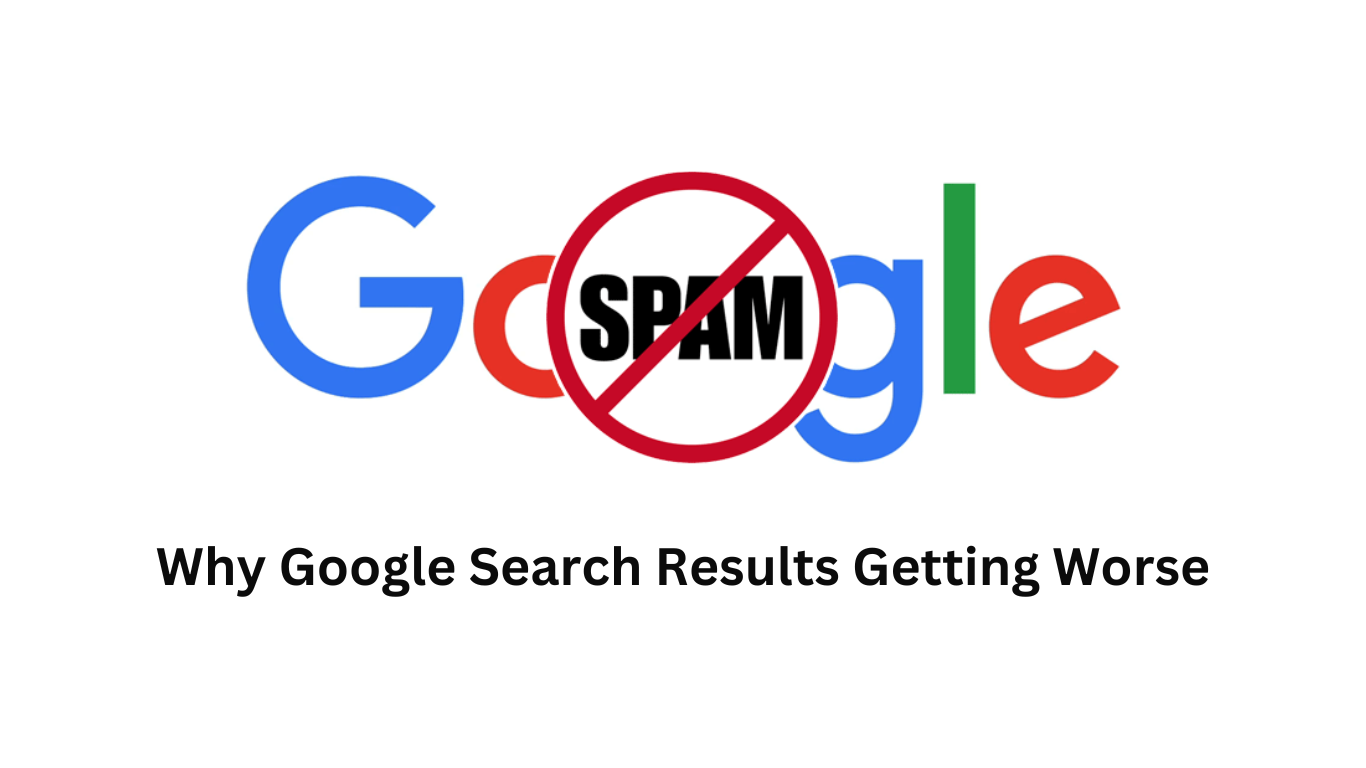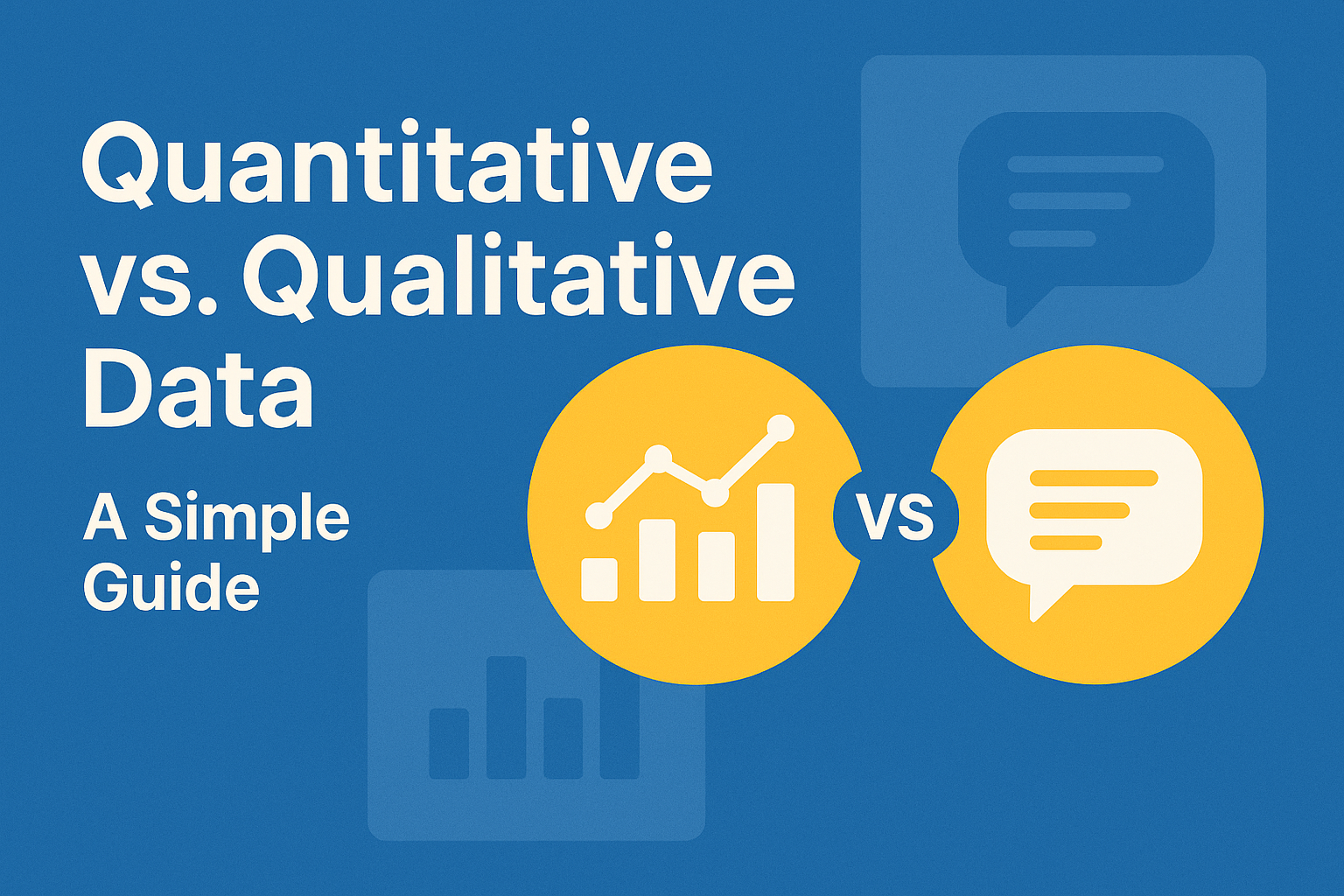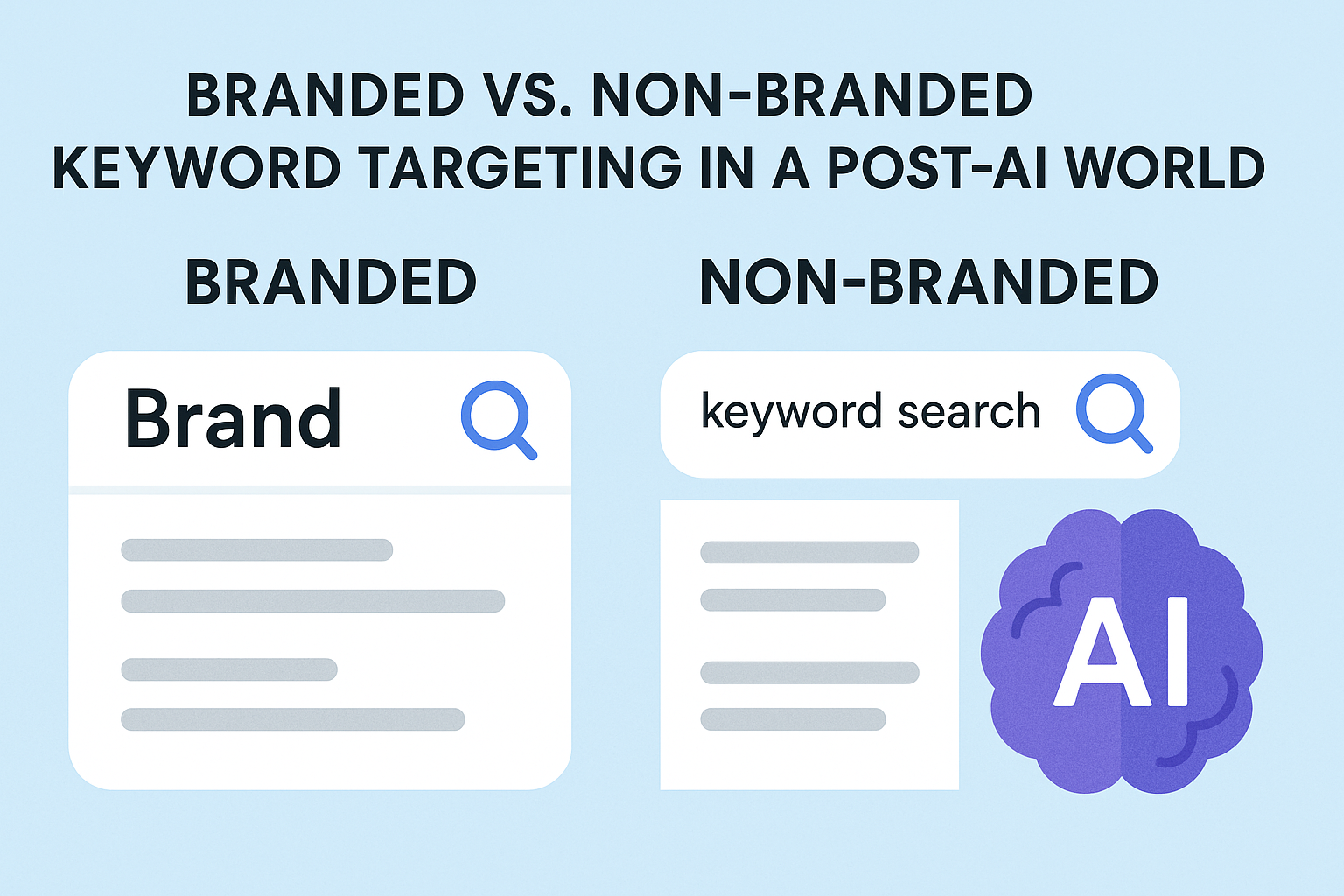Once the golden child of the internet, Google Search has been the go-to for answers, directions, and buying decisions for decades. But the shine seems to be wearing off. Users are now navigating through a digital swamp of ads, SEO trickery, and content that feels like it’s been written by robots for robots. Here’s a deep dive into the 21 reasons why you might feel like Google isn’t the all-knowing oracle it once was:
1. Ads Over Information
Google’s results pages are increasingly dominated by ads. Paid placements push organic, often more relevant, content further down, frustrating users looking for unbiased information.
📖 Read more about Google’s ad prioritization.
2. SEO Spam Dilutes Quality
Search results are flooded with articles optimized for search engines, not readers. This leads to pages filled with keywords but devoid of useful content.
📖 Explore the impact of SEO spam.
3. AI-Generated Junk
The rise of AI-generated content has overwhelmed Google’s algorithms, with low-quality articles often outranking authentic, human-crafted pieces.
📖 Learn how AI is disrupting search.
4. Algorithm Confusion
Frequent changes to Google’s algorithms sometimes lead to irrelevant results, where credible content is outranked by forums or outdated pages.
📖 Dive into algorithm issues.
5. Clickbait Everywhere
The internet is plagued by clickbait articles. These sensationalized headlines grab attention but often fail to deliver substance, clogging search results.
📖 Discover how clickbait impacts search.
6. Forums Taking Over
Google often prioritizes forum threads over well-researched articles. While forums can be insightful, they rarely match the depth and accuracy of professional content.
📖 See why forums rank so high.
7. Keyword Overload
Many websites overstuff keywords to rank higher, sacrificing readability and making it harder for users to find genuinely helpful content.
📖 Understand keyword stuffing.
8. Paid Results Dominate
Organic search results are buried beneath layers of paid ads, making it harder to find non-commercial, authentic insights.
📖 Learn about Google’s paid result trends.
9. Rise of Content Farms
Low-quality content farms mass-produce articles aimed at gaming Google’s algorithm, reducing the visibility of high-quality content.
📖 Explore the role of content farms.
10. Misinformation Challenges
With economic incentives driving misinformation, even Google struggles to filter out fake news and misleading content.
📖 Dive into the misinformation problem.
11. Google’s Own Features Backfire
While tools like featured snippets aim to provide quick answers, they sometimes deliver incomplete or incorrect information.
📖 See examples of snippet errors.
12. Poor User Experience
Many high-ranking websites prioritize ad revenue over usability, bombarding users with pop-ups and intrusive ads.
📖 Learn about user experience challenges.
13. Personalization Overload
Over-personalized search results create echo chambers, limiting exposure to new or diverse perspectives.
📖 Understand the downside of personalization.
14. Shift to Social Media
Younger audiences are increasingly turning to platforms like TikTok for information, reducing reliance on Google.
📖 See how social media is changing search.
15. Ad Revenue Focus
Google’s reliance on ad revenue shapes its priorities, sometimes at the expense of delivering a better user experience.
📖 Explore how Google balances profit and quality.
The Bottom Line
Google Search remains a powerful tool, but its quality is being questioned as users face challenges like ad-heavy results, SEO spam, and misinformation. As alternatives like social media gain traction, Google must adapt to retain its dominance in the ever-evolving landscape of online search.
FAQs
Is Google Search really getting worse?
Many users and experts argue that Google Search has declined in quality over the years, pointing to issues like increased ads, SEO spam, and less relevant results. However, Google continues to update its algorithms to improve search quality.
Why does Google show so many ads now?
Google’s business model heavily relies on advertising revenue, which has led to an increase in the number and prominence of ads in search results, sometimes at the expense of organic content.
How can I improve my Google search results?
Users can use more specific keywords, utilize Google’s advanced search features, and consider using alternative search engines or tools like site-specific searches to filter out spam and ads.
Are there alternatives to Google Search that provide better results?
Yes, alternatives like DuckDuckGo, Bing, Brave Search, and specialized AI search engines like Perplexity or Kagi are often cited for offering different or sometimes better search experiences, especially in terms of privacy or ad-free results.
What is SEO spam, and how does it affect search results?
SEO spam refers to content created solely to rank high in search engines, often using black-hat SEO techniques. It affects search results by filling them with irrelevant or low-quality content, making it harder to find genuine information.
Why do I see so many forum posts in my Google search results?
Google has started prioritizing forums like Reddit or Quora for certain queries, especially those seeking real user experiences or opinions, sometimes at the cost of more authoritative or detailed content.
How often does Google update its search algorithm?
Google frequently updates its search algorithm, with major updates occurring several times a year, plus numerous minor tweaks daily to improve search quality and user experience.
Can Google’s AI features degrade search quality?
While AI features aim to enhance search, they can sometimes introduce errors or prioritize less relevant snippets or answers, leading to a perceived decline in quality for specific queries.
What’s the impact of AI-generated content on Google Search?
AI-generated content can flood search results with low-quality, repetitive information, making it harder for genuinely useful content to rank well.
How can I avoid SEO spam when searching on Google?
Use quotation marks for exact phrases, employ the minus sign (-) to exclude certain terms, and look beyond the first page of results. Also, using site-specific searches or Google’s “Tools” to narrow down results can help.
Why do I get irrelevant results even with specific queries?
Google might misunderstand query intent, especially with complex or ambiguous searches, or results might be influenced by SEO tactics that don’t align with user intent.
Does Google prioritize newer content over older, possibly more accurate content?
There’s a perception that Google favors new content, but it also considers relevance, quality, and user engagement. However, this can sometimes bury older, still-relevant information.
What can be done about the ‘enshittification’ of Google Search?
Users can advocate for better search practices, support alternative search engines, or demand more transparency and accountability from Google regarding how it ranks and displays content.
How does Google address the decline in search quality?
Google claims to continuously work on algorithm improvements, spam detection, and user feedback to address quality concerns, though the effectiveness and pace of these changes are often debated.

The Search Engine Cage team is on a mission to educate entrepreneurs. We make things easier for the small business owner, by writing articles that help them to understand SEO and Digital Marketing.







